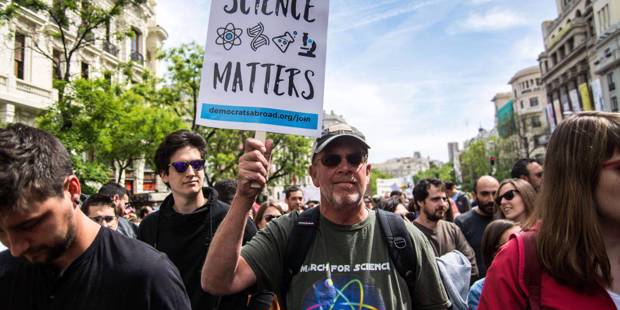Hugo Mercier
Hugo Mercier is a research scientist at the Institut Jean Nicod – part of the French National Center for Scientific Research (CNRS) – and the author of Not Born Yesterday: The Science of Who We Trust and What We Believe (Princeton University Press, 2020).
-
How to Change People’s Minds About Science

How to Change People’s Minds About Science
Jul 22, 2020 Hugo Mercier is convinced that reasoned discourse can overcome public resistance to expert consensus on sustainability issues.








